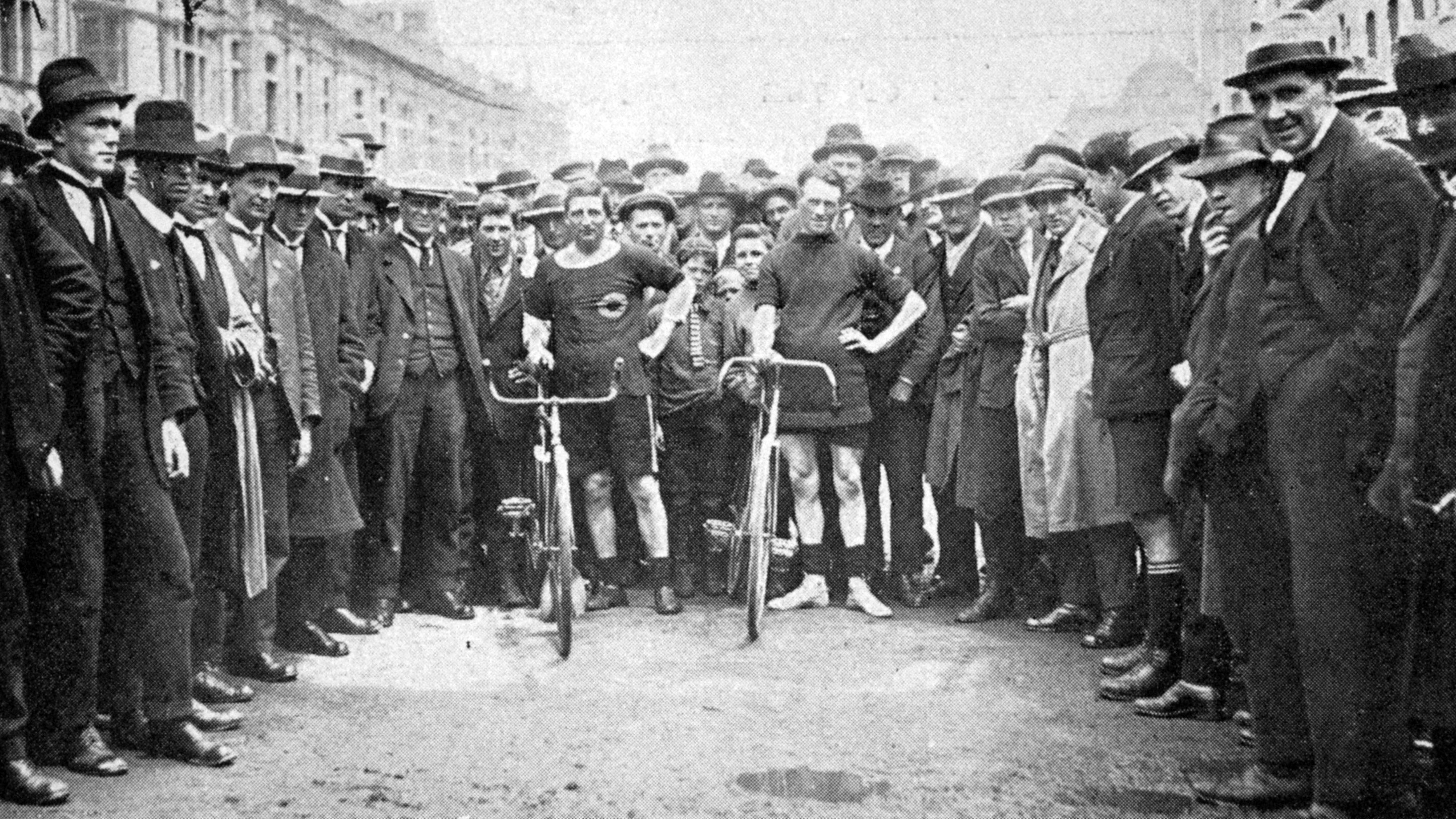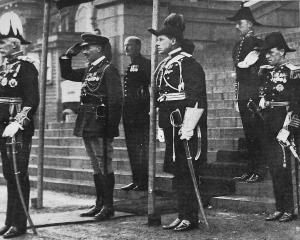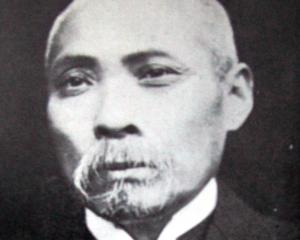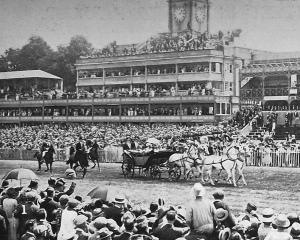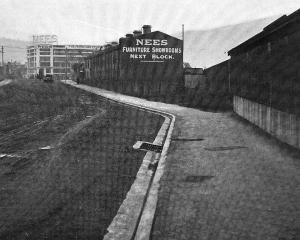A cycle road race between two taxi-drivers from the Custom House rank took place on Saturday afternoon. The contestants were J. Walker and W. Mathews, who competed for a substantial stake provided by the taxi owners from the various taxi ranks. The distance was 50 miles from Manse street to Waihola and back. Both competitors started from scratch. Much interest was centred in the contest owing to the fact that a previous race had taken place between these two to Henley and back. In the first race Mathews conceded Walker 3min, and on that occasion the latter rode a free wheel, which doubtless assisted him materially on the down grades. Mathews, not being satisfied with his defeat, challenged Walker for a further contest, conditionally that both started from scratch, no free wheels to be used, and the distance to be increased by extending it to Waihola and back. The New Zealand Athletic and Cycling Union granted permission for the event to be for the title of the Otago 50 miles road championship cycle race. Some 20 motor cars conveyed the respective supporters of the competitors to and from Waihola, and throughout the journey people gathered at various points and cheered the riders as they passed on their way. On reaching Waihola, Mathews was leading Walker by 4min. It was anticipated that on the return journey Walker would make this up before reaching Henley, but Mathews, who was riding very strongly, gradually increased his lead and won easily. Mathews’s riding time to Waihola was 1hr 50min, and for the total distance 3hrs 36min 13sec. He completed the journey without dismounting.
Censorship takes a twist
The action of the film censor in the Old Country in excising from a picture version of ‘Oliver Twist’ the scene in which Fagin instructs Oliver in the genteel art of pocket-picking has naturally upset the Dickens Fellowship, and has brought out, it is pleasing to note, so weighty a champion as Mr G.K. Chesterton in scathing protest. Mr Bernard Shaw also contributes to the discussion, but his observations seem to be somewhat cryptic. The censor’s scruples will arise from his deep regard for the morals of the young people who were likely to witness the picture. But it would seem to be a logical argument that if this amusing scene in ‘Oliver Twist’ is not fit to be filmed, the very book itself is open to suspicion, and on no account to be placed in the way of young people. Such a reflection upon the masterpiece, with its outstanding moral, that gives us Bumble, the Artful Dodger, Sikes, and the wicked old Fagin, is of course intolerable. — editorial— ODT, 14.1.1923
Compiled by Peter Dowden
